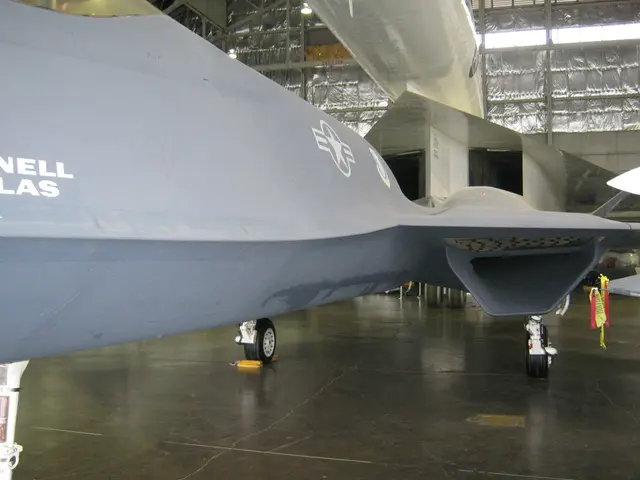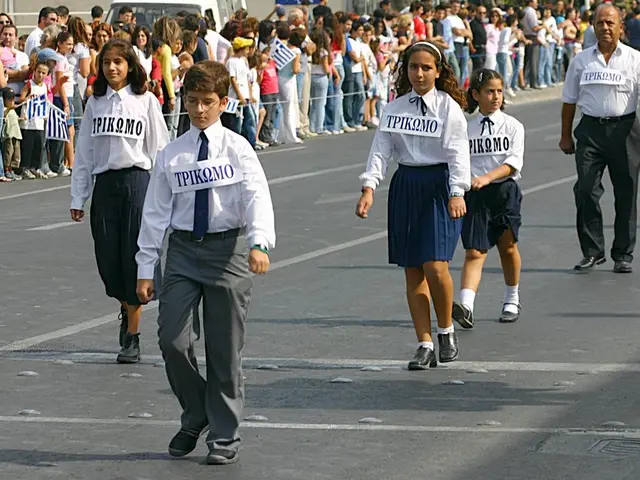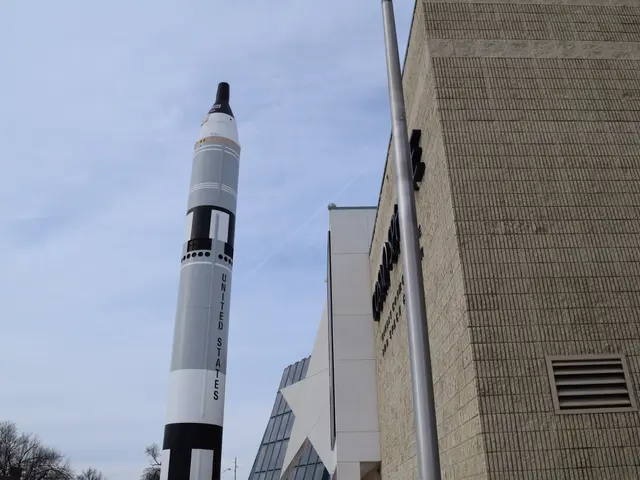A President Transforming into an Autocrat Through Executive Decrees
President Trump's unprecedented use of executive orders has raised concerns about the erosion of checks and balances and the risk of authoritarian governance. In just over 100 days, the president has issued more than 130 executive orders, giving him sweeping powers under the guise of national security and efficiency.
Critics argue that this is a dangerous trend that undermines the principles of democracy and the rule of law. By bypassing Congress and the judiciary, the president is acting as a lawmaker, enforcer, and judge, a worrying indication of the growth of a dictatorship.
The Unitary Executive Theory, which originally posited that all executive power under the U.S. Constitution is vested solely in the president, is being pushed to its limits under the current administration. This theoretical framework, if interpreted in its most expansive form, could lead to the centralization of power in the presidency, reducing the role of Congress and the judiciary in maintaining accountability.
While proponents argue that this theory ensures effective governance and accountability, critics warn that it could potentially lead to the emergence of a constitutional dictatorship. The president, if given unchecked power, could act unilaterally on a wide range of issues, sidelining the other branches of government and weakening the protections afforded by the system of checks and balances.
Historically, even presidents who sought to expand executive power typically did so through congressional authorization, not by unilateral constitutional assertion. The shift toward a unitary executive model raises questions about the potential for overreach and the erosion of the principles that the Constitution was designed to protect.
To prevent the erosion of democratic principles and the concentration of executive power, it is essential that Congress maintains its legislative role, serving as a check on any potential abuses or excesses of power. Additionally, the judiciary must remain independent and be willing to challenge executive orders that violate the Constitution or transgress upon the powers of Congress.
It is the responsibility of the American people to remain vigilant and demand that their representatives uphold the principles of democracy and the rule of law. A government that operates outside of these principles is not a government of, by, and for the people, but a government that is in danger of becoming a dictatorship in everything but name.
- The erosion of democratic principles, facilitated by unprecedented executive orders, has sparked debates about the looming threat of a dictatorship.
- President Trump's policy on executive orders risks undermining the foundational pillars of freedom and the rule of law.
- By bypassing Congress and the judiciary, the president's actions pose a real concern about the future of privacy and democratic governance.
- War-and-conflicts, crime-and-justice, general-news, and policy-and-legislation are among the areas where the president's unchecked powers could potentially lead to serious transgressions.
- Car-accidents, fires, and other mishaps may be the unintended consequences of presidentially decreed changes without proper Congressional scrutiny.
- The politics surrounding executive orders have raised questions about the president's commitment to the truth and the integrity of the decision-making process.
- Discussions about sports, from football and basketball to golf, baseball, hockey, and racing, cannot escape the influence of governmental policy.
- In the world of sports-betting, European leagues, and mixed-martial-arts, the potential consequences of political decisions are just as significant.
- The stability and fairness of sports-analysis and auto-racing could be impacted by executive orders that influence policies within these sectors.
- The principle of checks and balances is central to preventing the centralization of power in one branch of government, like the presidency.
- The NCAA-basketball, premier-league, NBA, grand-prix, horse-racing, and tennis are all examples of arenas where the protections of democracy must not be compromised.
- The Unitary Executive Theory, if extended to its extremes, could jeopardize the balance between the executive, legislative, and judicial branches, threatening the very essence of democracy.
- Awareness and action from the American people are crucial in preserving freedom, privacy, truth, and the democratic values enshrined in the Constitution.
- If Congress does not exercise its legislative role effectively, accountability will suffer, increasing the likelihood of abuse and the potential erosion of democratic principles.
- An independent judiciary plays a vital role in upholding the Constitution and safeguarding checks and balances, preventing the president from encroaching upon powers reserved for Congress.
- A government that neglects the principles of democracy and the rule of law risks relinquishing its mandate from the people, transforming into an oppressive system that stifles liberty rather than promoting it.








